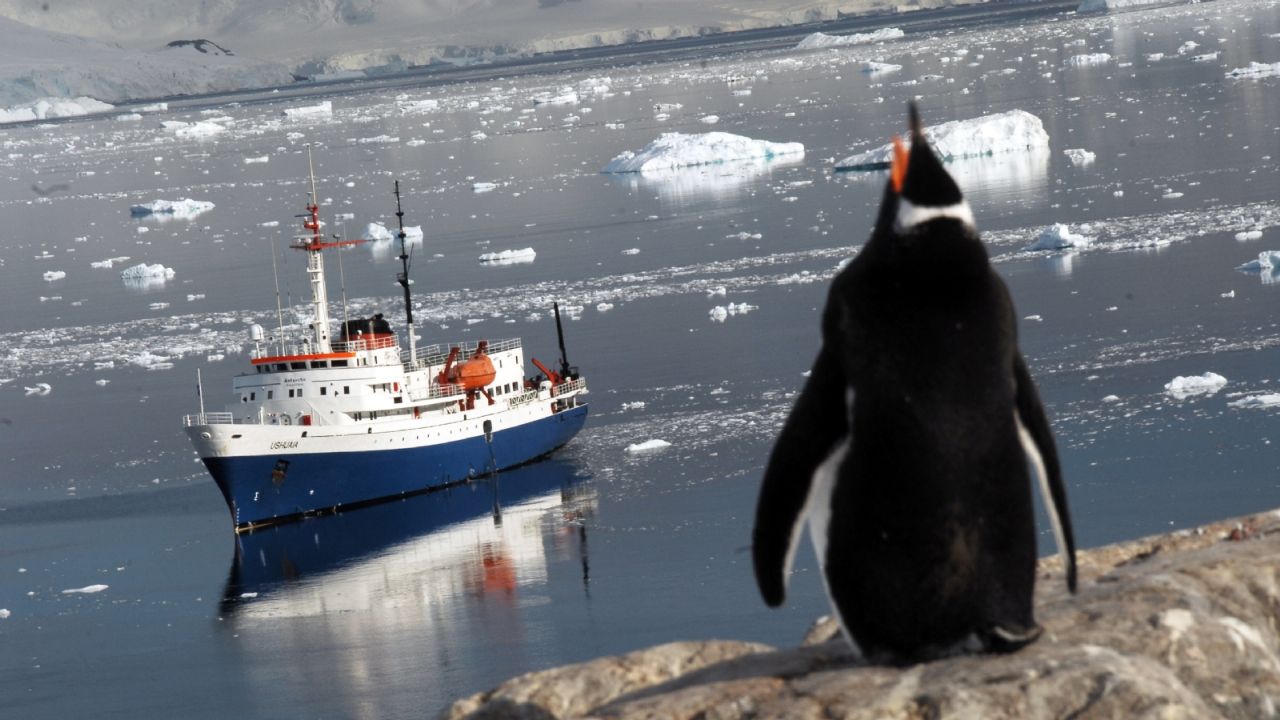Climate change has generated a drastic change in temperatures that has led to the melting of the marine pack or frozen sea, a surface on which penguins develop the main stages of their life cycle.
A group of researchers from the Argentine Antarctic Institute has spent years monitoring the colonies of penguins and warned of the virtual disappearance of the species, which is considered one of the top predators in Antarctica.
The amount of penguins adults that confirm the colonies decreased in recent years, a parameter that shows the importance of protecting them. Researchers from around the world say that the loss of ice cover between the 60th and 70th parallels of latitude could wipe out several colonies.
The graduate in biological sciences and the head of the Top Predator Biology Department, Marcela Libertelli, explained to Telam that the evolution of the Adélie, Chinstrap and Papua emperor penguin colonies is being monitored.

studies continue
The expert assured that top predators of Antarctica give reference to the population stock of Antarctic marine living resources, their availability and the location of these colonies. “It is very important to know the status of the key populations that are part of the Antarctic food web,” said Libertelli.
The emperor penguin is the largest of the penguins, and unlike the rest it does not make a nest, but carries its egg all the time between its legs.

The expert said that the effects of climate change on birds have been investigated for a while and many populations have decreased considerably; in addition to the important impact of tourist activity that affects the environment.

















